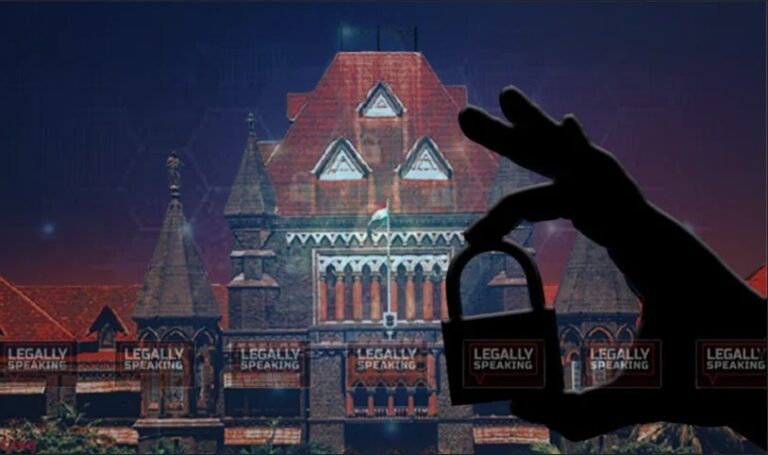
The Bombay High Court recently observed that government is not a repository of truth that could not be questioned.
A bench of Justice GS Patel and Justice Neela Gokhale made the observation while hearing a batch of petitions challenging the amendments made to the Information Technology Rules of 2023, which introduced the establishment of Fact Check Units (FCUs)
The Court reiterated that governments were answerable to its citizens who could question and demand answers.
“In the democratic process, the essence of discourse is that the government is as much a participant as a citizen is. It is not a repository of truth that cannot be questioned. It is a fundamental right to doubt, to question, to demand answers from government and it is duty of government to respond,” the court observed.
The bench was hearing a batch of petitions filed by stand-up comedian Kunal Kamra, the Editors Guild of India, the Association of Indian Magazines, and the News Broadcast and Digital Association, challenging the amendments introduced through the Information Technology (Intermediary Guidelines and Digital Media Ethics Code) Amendment Rules, 2023.
One specific rule, Rule 3, empowered Fact Check Units (FCUs) to identify and label what they considered to be false or fake online news pertaining to government activities. The petitioners concluded their submissions on the constitutional challenge to the amendments.
Advocate Gautam Bhatia, representing the Association of Indian Magazines, argued that the Constitution did not authorize the government to classify and arbitrate speech as true or false. He further contended that the amendment violated the parent act, the Information Technology Act.
Senior Advocate Arvind Datar, appearing for the News Broadcast and Digital Association, asserted that the amendment failed the test of constitutionality due to the absence of clear definitions of certain phrases. He argued for the quashing of Rule 3(1)(b)(v), as the government had not provided a definition of what constitutes the “business of government.”
Datar questioned the legitimacy of a democracy where the government decided what information people should know without satisfying any proportionality test or establishing a rational connection. The court reiterated that while the fundamental right to freedom of speech under Article 19(1)(a) did not encompass the right to lie, it did include the right to defend the accuracy of a statement made.
Justice Patel expressed skepticism regarding the government’s claim that intermediaries would go unchecked without stringent government rules, using the example of the Press Information Bureau’s tweets on social media, suggesting that no action would be taken.
The Bench also raised concerns about the boundaries within which FCUs could exercise their power.
The Solicitor General, Tushar Mehta, representing the Union Ministry of Electronics and Information Technology (MeitY), will commence arguments on July 29, 2023.




